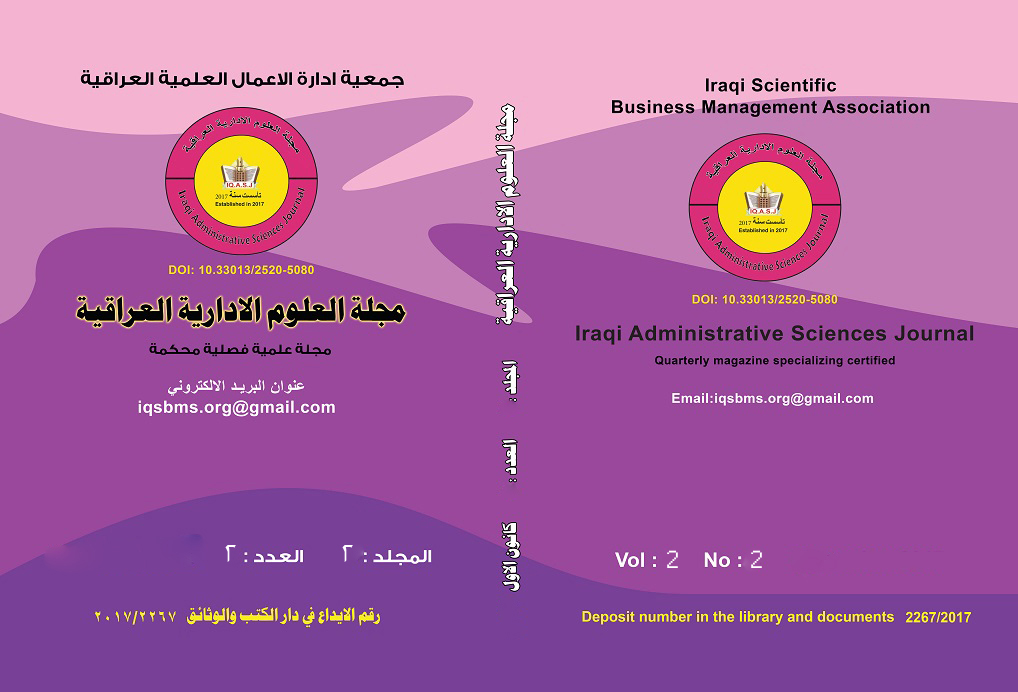A Correlation Between the Outputs of Education and Training and the Actual Needs of Reality and Aspirations
Abstract
The human element is the main pillar in the implementation of economic development programs, and therefore the countries have been keen to take care of its rehabilitation within the human resources development progress programs focused mainly on educational curricula.
Education and training has become an effective and influential tool in the science of development, since the human element is the means and purpose of the movement of progress and development. Countries are comparing and measuring their progress not with their natural resources and wealth in the ground or outside, but measured by their ability to exploit these resources to meet the requirements Its population. As an example, a country like Japan does not possess natural resources such as oil, gas or gold, and it does not have important agricultural resources, but possesses the educated and qualified human element that enabled it to be one of the most advanced countries. Despite its natural wealth, its human wealth and quality have been at the core of its growth and progress. Our country is characterized by a wealth of human resources and, in particular, a high proportion of young people compared to direct countries, It puts pressure on resources to productive energy by developing their productive capacities and competencies and providing them with the skills, expertise and renewable knowledge through continuous training.
The lack of coordination between the quality of the outputs of education and vocational and technical training and the skilled requirements of the labor market, and the lack of attention and awareness among graduates towards self-employment through the establishment of small enterprises due to the lack of guidance and guidance, the low levels of skills and lack of funding, And to activate and activate the role of the private sector in terms of effective partnership in the effective governance of the system of vocational and technical education and training or in the management of the vocational training system.
Today, we face a great challenge to adapt ourselves in the face of the urgent and imminent economic changes represented by the fall of customs barriers, borders and the ease of labor mobility. Recent global developments, developments in the economic arena, and the global markets have caused serious disruptions and severe recession, Change the economic outlook and keen attention to local economic conditions and self-reliance to the maximum degree to get out of the cycle of loss between the welfare of the major countries.
It has been proven from the practical reality that relying solely on education is not enough for the graduates to meet the requirements of the jobs and professions that the labor market needs. This requires training as a means to meet the skills required to practice professions and jobs, especially if it is planned and designed by closely linking to the reality of the market the work


